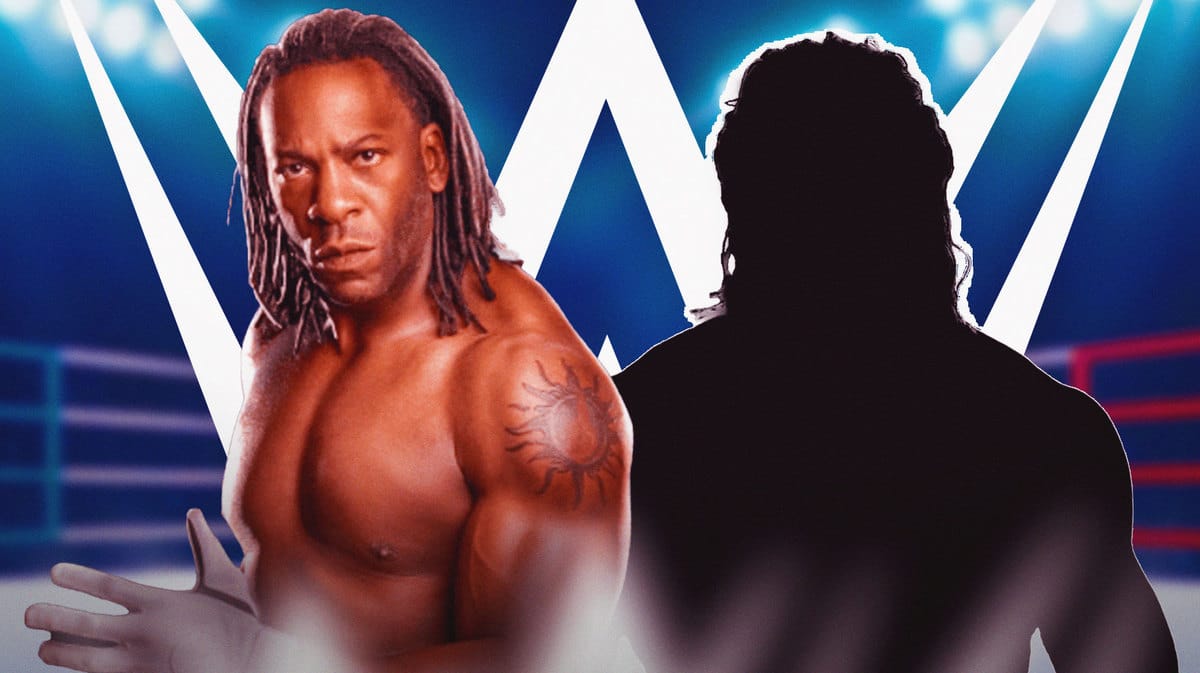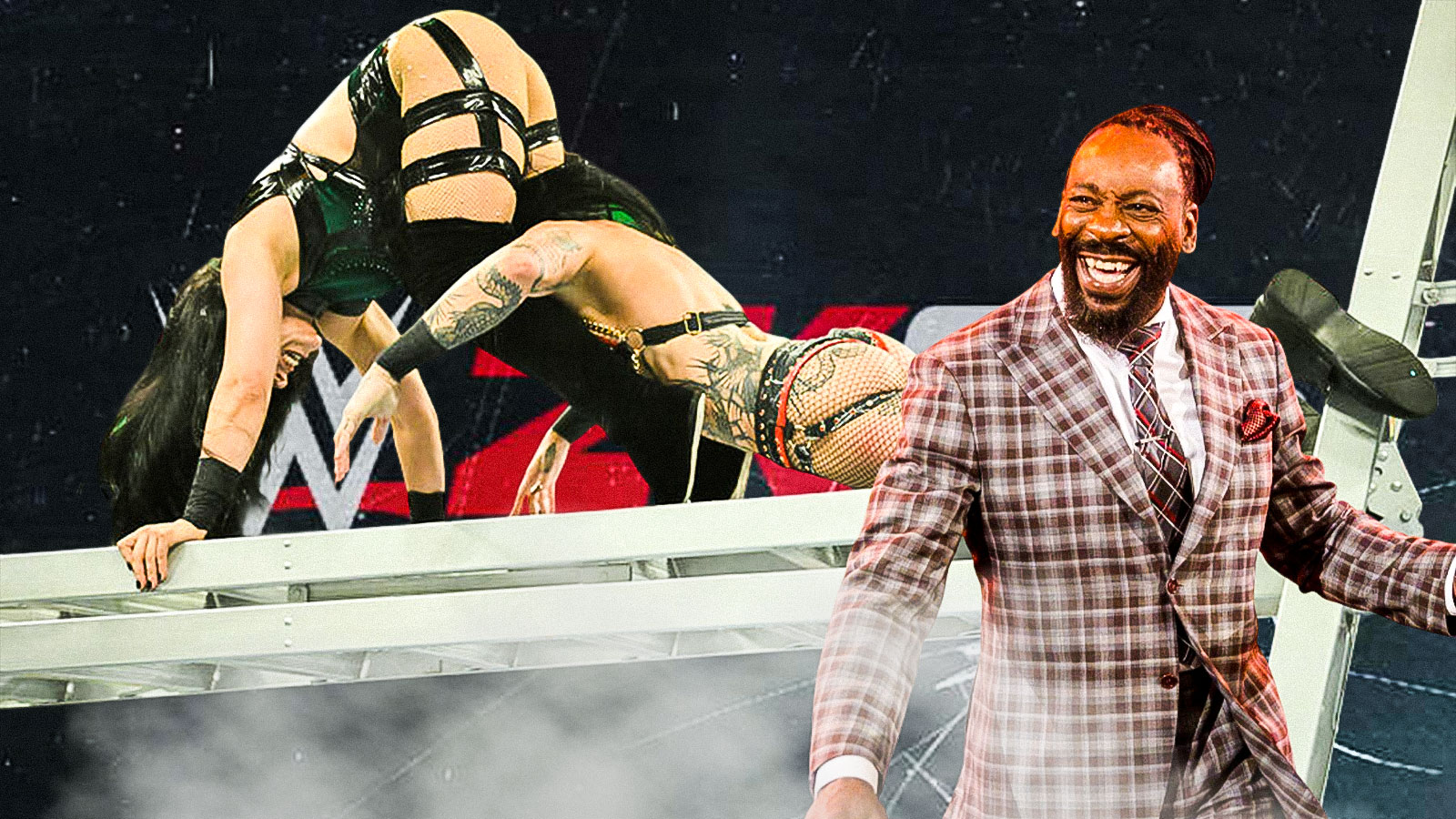If there's one storyline to define the WWE Universe in the post-Pandemic era, it has to be The Bloodline, Roman Reigns‘ ever expanding storyline defined by main event matches, melodrama, and extended storylines that go on with seemingly no end in sight.
Discussing the faction's incredible staying power on his Hall of Fame podcast, Booker T acknowledged that, in his opinion, the storyline's staying power is because of one man and one man only, the “Tribal Chief.”
“You talked about Roman Reigns, I tell you, I don’t think it could have been anybody that pulled it off other than Roman Reigns. And even though we got we’ve got a plethora of talent in the WWE, we got so many guys that could go out there and perform at the highest level,” Booker T explained via EWrestling News.
“But I always looked at Roman Reigns as the guy, as far as — I’m looking at it from a trainers perspective, I’m looking at it from an in-ring performer’s perspective. And Roman Reigns, the one thing that I see with him more than anybody else is everybody that he works with, he makes those guys better than before they actually went into the ring with him before. He actually makes them look better as far as having the best match that they perhaps have ever had on the card. No matter who it is, Roman Reigns has gone out there and stepped his level of performance up to the utmost. Being champion, they always say being champion makes you 30% better. Well, he was a double champion, so it probably made him 60% better.”
While it's become easier and easier to talk smack on Reigns over the years for his increasingly part-time schedule and set-your-clock-by-it match layouts, when he's on, there are few better overall Sports Entertainers than the “Head of the Table,” as he understands nuance, drama, subtlety, and brashness and can throw it all together in a finely tuned package, thanks in no small part to his “Wise Man” Paul Heyman. When the day eventually comes when his title reign is finished, it's safe to say fans will look back on this overall program as a crowning achievement of WWE storytelling.
Booker T still has fond feelings about the Attitude Era.
Elsewhere on his Hall of Fame podcast, Booker T discussed one of the other high-water marks of WWE's timeline, the Attitude Era, a time defined by its commitment to the extremeness allowed by a TV14 rating.
While Booker has been involved in multiple wrestling eras up to this point in his career, in his opinion, nothing beats the Attitude Era, so much so that WWE is trying to bring some of that excitement back to the promotion with the return of the Rock.
“To me though, the Attitude Era was the best era I think in wrestling of all time,” Booker T told explained via 411 Mania. “But I do think the WWE right now is trying to get back to that just a little bit, of course with The Bloodline storyline, and of course now with The Rock coming back.”
Discussing the developments of WWE's storytelling further, Booker T revealed that, in his opinion, wrestling is all about getting a reaction from fans, and a lot of that happens outside of the bells of a match.
“The beauty of art is to have you in that emotional state where you really want to jump in the ring. You know, you want to jump over the barrier. And that’s what made me gravitate to wrestling,” Booker T noted. “You know, I was a dancer. I was a drum major in school. I never played sports or anything like that. So when I got into wrestling, it was perfect for me because I loved entertaining and making fans feel a certain way. No matter what that feeling was, I always said the ultimate feeling for me as professional wrestling was to see if I could make a real tear well up in the fans eye, roll down their cheek. You know, because I’m getting hell beat out of me or something. When I saw that, man, it made me so happy, and it let me know that I was doing my job.”
If professional wrestling is all about connecting with fans, then finding the best way to make performers compelling is the key to long-term success in the business. Whether that comes with poop jokes or melodrama debated in whispers, however, is what defines the success and failures of an era.




















